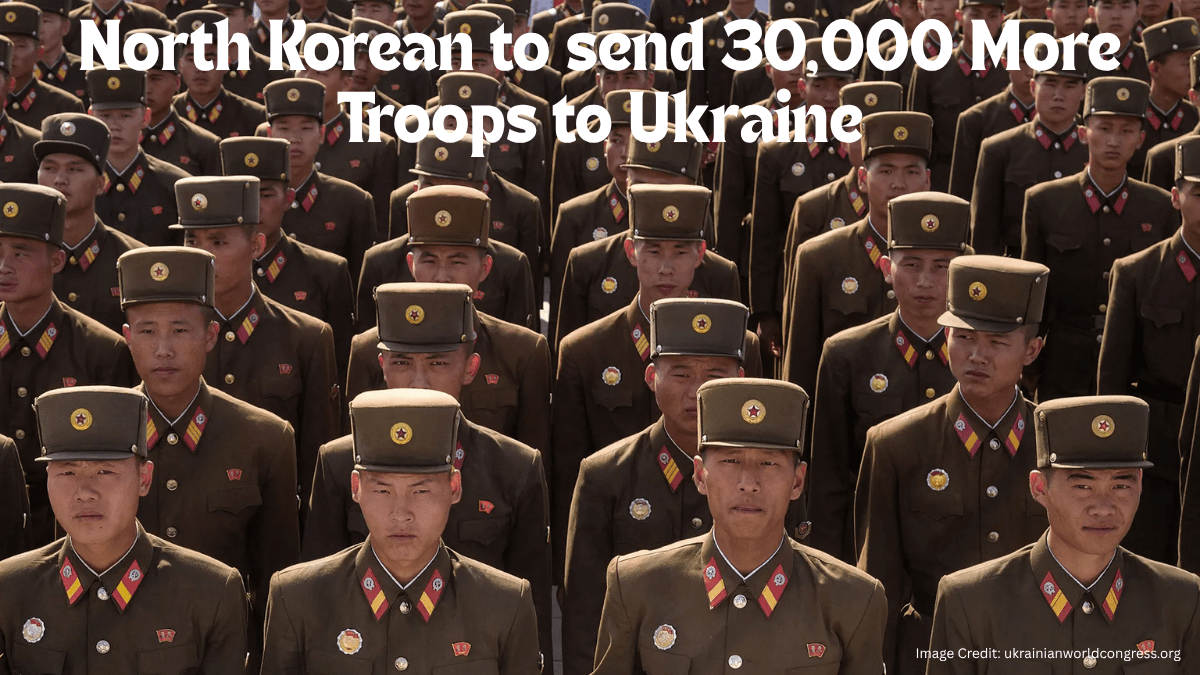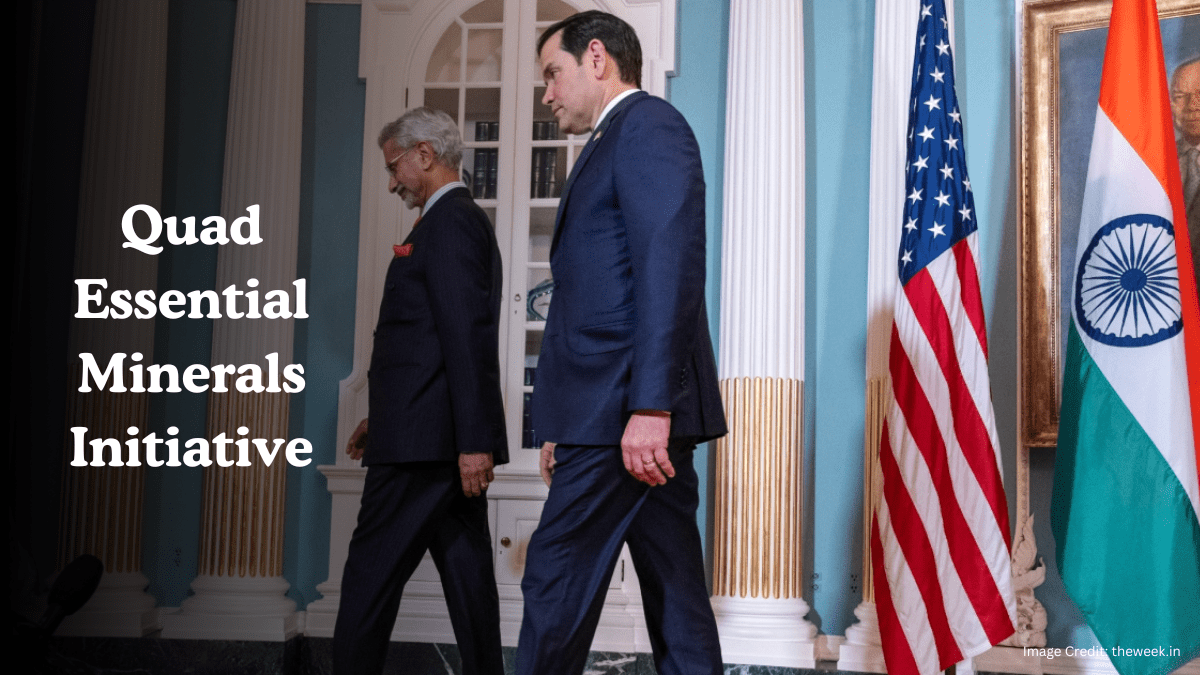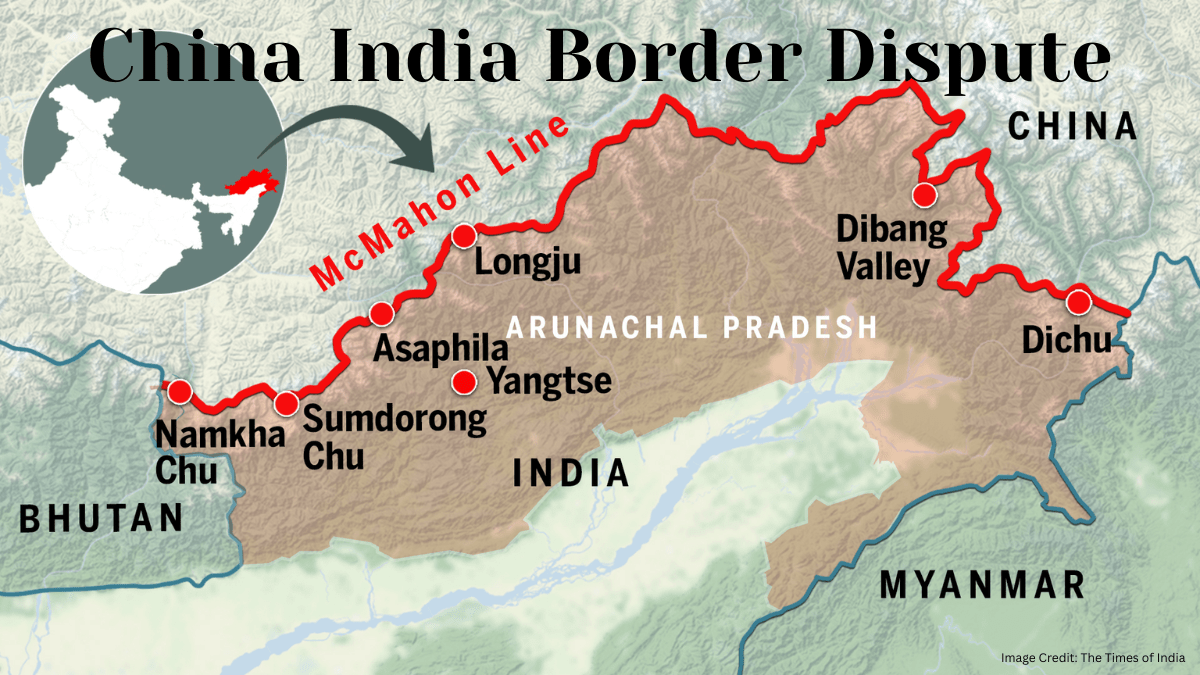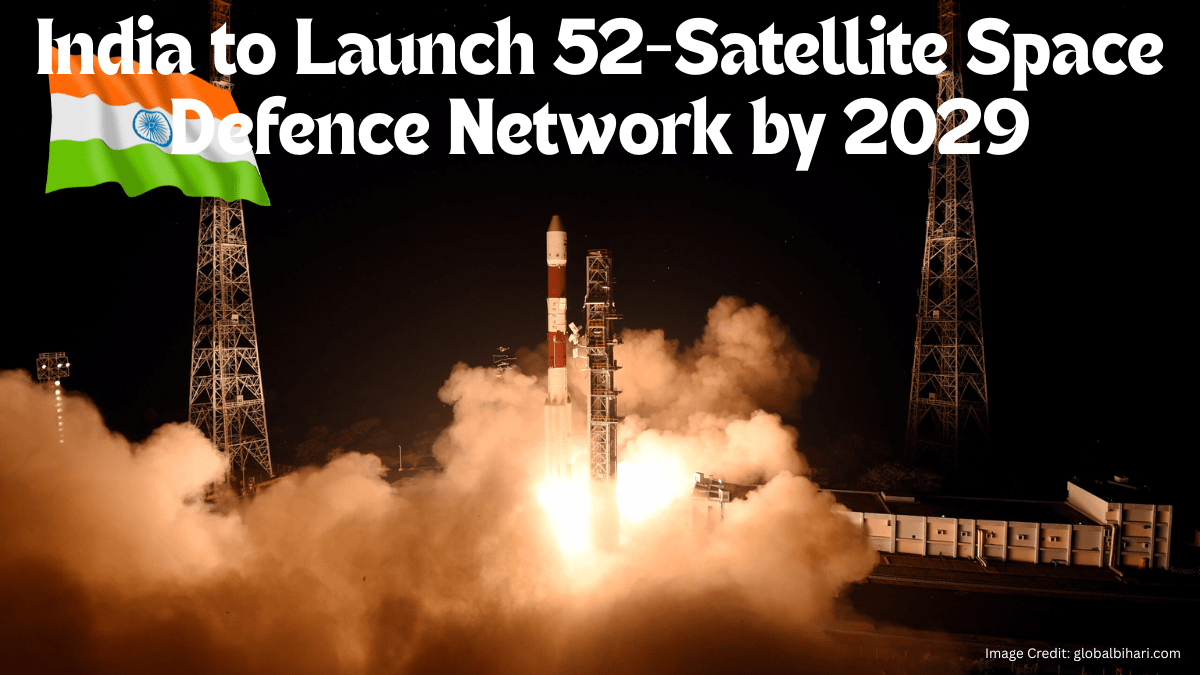Russia Firm on its Peace Demands
The war between Russia and Ukraine continues with no end in sight. Both countries have now said what they need to stop fighting. Russia’s top diplomat Lavrov recently explained exactly what his country wants for peace, showing how serious Moscow is about its demands. Ukraine has also made its own clear requirements for ending the war. The conditions put forward are worlds apart. Such completely opposite requirements make finding common ground nearly impossible right now.
The two nations remain far apart in what they’re asking for. While soldiers keep fighting on the front lines, the leaders keep insisting on their terms, making peace talks difficult. Ordinary people on both sides continue suffering as their governments stand firm on positions that seem impossible to reconcile right now.
Table of Contents
Russia’s Peace Demands Detailed by Lavrov
The Russian Foreign Minister Sergey Lavrov, laid out Russia’s conditions for peace demands in an interview. These conditions reflect Moscow’s hardline stance and lay the foundation for any potential ceasefire negotiations.
Denazification and Demilitarization Clauses
Russia’s first major peace demand is Ukraine’s “denazification.” The term, though ambiguous, has been used by Moscow since the 2022 invasion began. Lavrov stressed that any peace deal must clearly include and guarantee this step, with a way to confirm it actually happens.
Another big part of Russia’s demands is Ukraine’s “demilitarization” essentially, forcing Ukraine to give up much of its military strength. This demand would leave Ukraine defenseless and call it a way for Russia to keep Ukraine weak in the long run.
Territorial Recognition and Withdrawals
Russia’s core demands for peace center on two key conditions:
- Russian wants Ukraine to recognize the Russian occupied Ukranian areas — Crimea, Sevastopol, Donetsk, Luhansk, Zaporizhzhia, and Kherson — remains a key issue. Russia says people in these regions chose to join Russia through voting. However, most countries believe those votes were not fair or free.
- Russia wants complete removal of Ukrainian forces from these territories before negotiations can begin.
These terms signal Russia’s refusal to concede any of the land it is currently holding.
Global Economic and Legal Conditions
Russia’s peace demands also include several legal and economic conditions aimed at reversing the fallout of international sanctions:
- Total removal of all Ukrainian and Western sanctions against Russia.
- Return of Russian assets frozen abroad.
- Withdrawal of all international legal claims against Moscow.
- Dismissal of lawsuits and cases in global courts related to the war.
These points highlight Russia’s goal of achieving diplomatic immunity and economic restoration as part of any peace deal.
Also read
England-India 2nd Test: Shubman Gill and Akash Deep Lead India to Record-Breaking Victory
Ukraine’s Counter Peace Demands
Ukraine has responded laying down its own firm set of peace demands. President Volodymyr Zelensky said that talks could start only after a full withdrawl of Russian military. This puts Kyiv on a direct collision course with Moscow’s demands.
Full Russian Troop Withdrawal
Zelensky insists that Russia must pull back all its troops, not only from areas taken since 2022, but also from regions occupied since 2014. According to Ukraine, no peace agreement is possible unless Russia restores Ukraine’s pre-conflict borders.
This is Ukraine’s most important peace demand and has been repeated by top officials throughout the conflict.
Integrity of Ukrainian Territory
Ukraine’s leaders stand firm on giving up any part of their country. President Zelensky demanded the return of all Ukraine’s occupied territories bt Russia. This message is unwavering. He said that no peace agreement could include surrendering Ukrainian land to Russia.
This stance clashes with Russia’s desire to maintain control over annexed regions, making this peace demand the main dispute.
Accountability for War Crimes
Ukraine’s additional peace demands center around justice and reparations. These include:
- International trials for Russian war crimes.
- Compensation from Russia for wartime damage.
- Further sanctions unless full Russian withdrawal occurs.
- Russia’s removal from the UN Security Council.
- Ukraine also demanded to hold Russia accountable both legally and financially.

Peace Negotiations: A Timeline of Diplomatic Efforts
Despite wide differences, Russia and Ukraine have engaged in two rounds of peace negotiations in Istanbul in May and June 2025. These talks offered some diplomatic engagement but little actual progress.
Outcomes from the Istanbul Talks
The negotiations in Istanbul featured lower-level delegates. Russia’s team was led by Vladimir Medinsky. Ukraine’s delegation was led by Defense Minister Rustem Umerov.
Key developments:
- No agreement on ceasefire or territorial issues.
- Progress made only on prisoner exchanges.
- Eight prisoner swaps were completed after the talks.
These small steps forward are the only real progress to come from the latest round of peace talks.
Why Talks Have Stalled
Experts suggest the main reason for stalled talks is the extreme nature of both countries’ peace demands. Russia seeks surrender. Ukraine seeks total withdrawal. Neither side has offered significant flexibility.
Russia isn’t buying into ceasefire offers either. They’re digging in their heels, insisting Ukraine must meet all their demands first.
Global Reactions and Mediation Efforts
The world is just not watching. Countries and global organizations have rolled up their sleeves to push for peace talks. Meanwhile, Ukraine is actively asking the UN to step in and help.
NATO and Western Countries Back Ukraine
NATO nations are continuesly extending Ukraine strong military, economic, and diplomatic support. This external backing strengthens Ukraine’s position but makes Russian participation in UN-led talks unlikely.
Western powers reject Russia’s territorial claims and endorse Ukraine’s peace demands.
Potential Mediators in Future Talks
Several actors have offered to mediate future peace negotiations:
- UN Secretary-General António Guterres.
- Turkish President Recep Tayyip Erdoğan.
- Chinese diplomatic representatives.
- Vatican officials.
However, the nature of Russia’s peace demands has so far limited the effectiveness of international mediation.
Also Read
North Korea-Russia Military Alliance: 30,000 more Troops
Strategic Intent Behind Russia’s Demands
According to analysts, Russia’s peace demands go beyond land. They signal long-term goals to control Ukraine’s future trajectory.
Geopolitical and Security Motives
Moscow wants to:
- Ensure Ukraine stays out of NATO.
- Limit Western influence in Eastern Europe.
- Establish secure buffer zones.
- Maintain dominance in post-Soviet regions.
Ukrainian Political and Social Realities
Ukraine’s resistance to Russian peace demands stems from:
- Constitutional bans on territorial loss.
- Widespread public opposition to Russian rule.
- Support from Western democracies.
- A strong democratic mandate to reject Russian conditions.
These are the factors which make it almost impossible for any Ukrainian government to accept Russia’s terms.
Looking Ahead: Can Peace Talks Succeed?
The future of peace negotiations depends on major shifts in political or military dynamics. Currently, both countries remain locked into their respective maximalist positions.
What Needs to Change For real progress to occur:
- Russia would need to scale back its peace demands.
- Ukraine would have to find a way to negotiate without compromising sovereignty.
- International mediators must secure a framework accepted by both sides.
Until then, most observers believe diplomatic progress will remain symbolic.
Conclusion: No Easy Resolution in Sight
As of now, the Russia-Ukraine conflict appears far from resolution. The latest lists of peace demands only underscore how deep the divide remains.
Without significant compromise or changes in battlefield conditions, the road to a sustainable peace agreement looks long and difficult. The world continues to watch as both nations defend their positions, not just with arms, but with unyielding peace demands.







